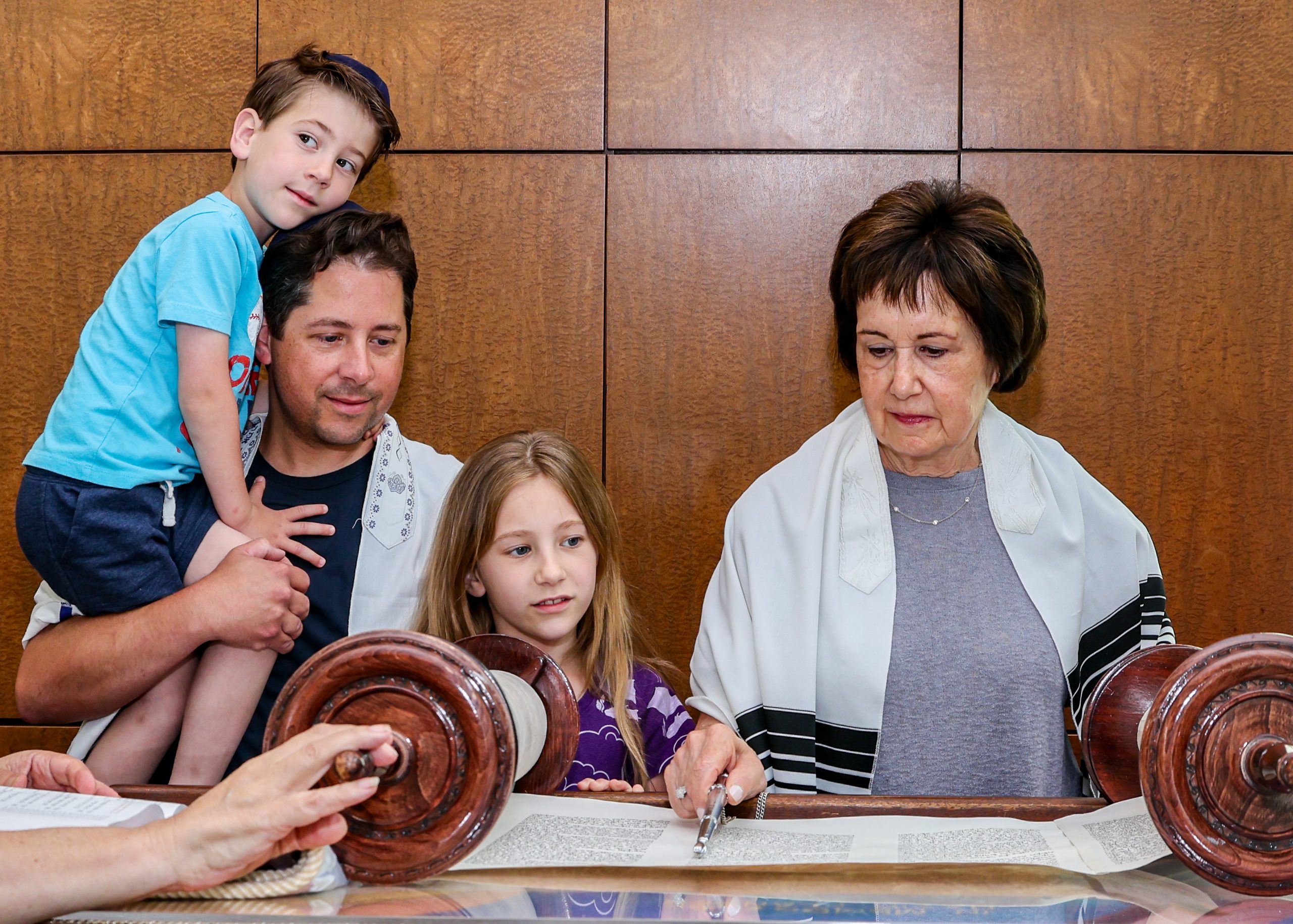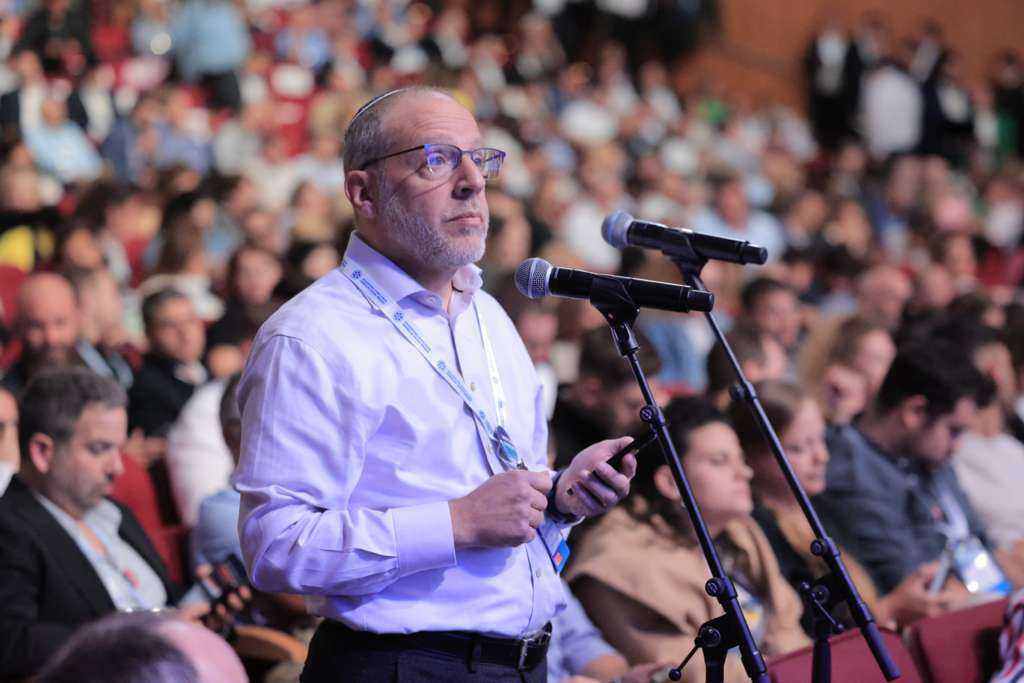Written by Rabbi Stephanie Ruskay, Associate Dean of JTS Rabbinical School, Executive Director of Hendel Center for Ethics and Justice and Associate Director of Louis Finkelstein Institute for Religious and Social Studies.
Rosh Hashanah and Yom Kippur are filled with hopes and commitments for the future and confessions for past wrongs. But the things we mention go beyond things we have done personally. It is clear from the liturgy that we are talking about personal AND communal failures. We speak in the plural because we are responsible for each other.
Yet today so many of us feel like we cannot speak with others who don’t see the world as we do, let alone take responsibility for their actions. Like so many of you, I am not satisfied to let that be the final comment on this era.
These times call for people to get closer and be curious about each other’s foundational stories. Understanding our own self-interest as well as others’ enables us to minimize how much we vilify people who think differently than we do and start thinking about where we can collaborate. Too much is at stake to let differences prevent us from being in relationship.
For two years The JTS Hendel Center for Ethics and Justice, USCJ and the Rabbinical Assembly have been partnering with JOIN for Justice to offer an asynchronous community organizing class called, Don’t Kvetch: Organize, with twice weekly discussion and training sessions for clergy and lay leaders together. We need clergy and lay leaders to act in collaboration with one another for our initiatives to succeed. Hunger, won’t simply get solved because a rabbi gives a sermon. And it won’t get solved simply because congregants gathered to make sandwiches. Issues are addressed when you build relationships, have clarity on an issue you can win, and figure out who has the power to make real change. We are continuously building relationships, acting, reflecting, and doing it all over again. The secret sauce isn’t the skills, it’s the shared vocabulary and the diligence. The course helps build both.
Training rabbis, cantors, educators and lay leaders together is a recipe for strengthening the bonds in a community, warming it up and making change on big and challenging issues that keep you up at night. Why worry privately and not be able to act, when you can worry collectively and act wisely to do something about it?
In March of 2020 a small group of leaders at Agudath Israel in Caldwell NJ wanted to create a June Tzedek Shabbat. It also happened to be Juneteenth. This group was part of our Conservative movement organizing class. They wanted to center the voices of Jews of Color while not putting the burden on people to tell their story in every community that wanted to learn more. Using the organizing skills and relationships this group gained in our movement-wide course, they created a virtual pre-Juneteenth program attended by 1500 people centering the voices of Jews of Color, who only had to tell their stories once and who received an honorarium for their time and effort. Without organizing training and the movement-wide relationships they built in the course they couldn’t have pulled off such an ambitious program.
We are now recruiting for fall and spring cohorts of Don’t Kveth Organize. Register here. If you are a lay leader and your clergy person can’t participate yet, still register. This is a long term commitment to working together to develop leaders and advance our justice efforts as a conservative movement.
Participant Testimonial
“I participated in the 2022 spring cohort of DKO as a representative of Adath Israel Congregation in Cincinnati, Ohio. At the time, I was president-elect of our Board of Trustees and it was a difficult time for our synagogue. We were navigating the covid pandemic like everyone else, but board meetings were feeling like they were becoming contentious – every issue from racism to who should wear a talit and kippah was was becoming a struggle. The board did not seem representative of the congregation and leadership itself seemed to be causing the divisions. Don’t Kvetch, through discussion and practice, gave me skills to organize leadership and committee structures in order to bring the synagogue into a more productive place by recognizing who had power to make things happen. I highly recommend DKO to anyone who has leadership aspirations for their organization.”
Natalie Wolf, President of Adath Israel Congregation









